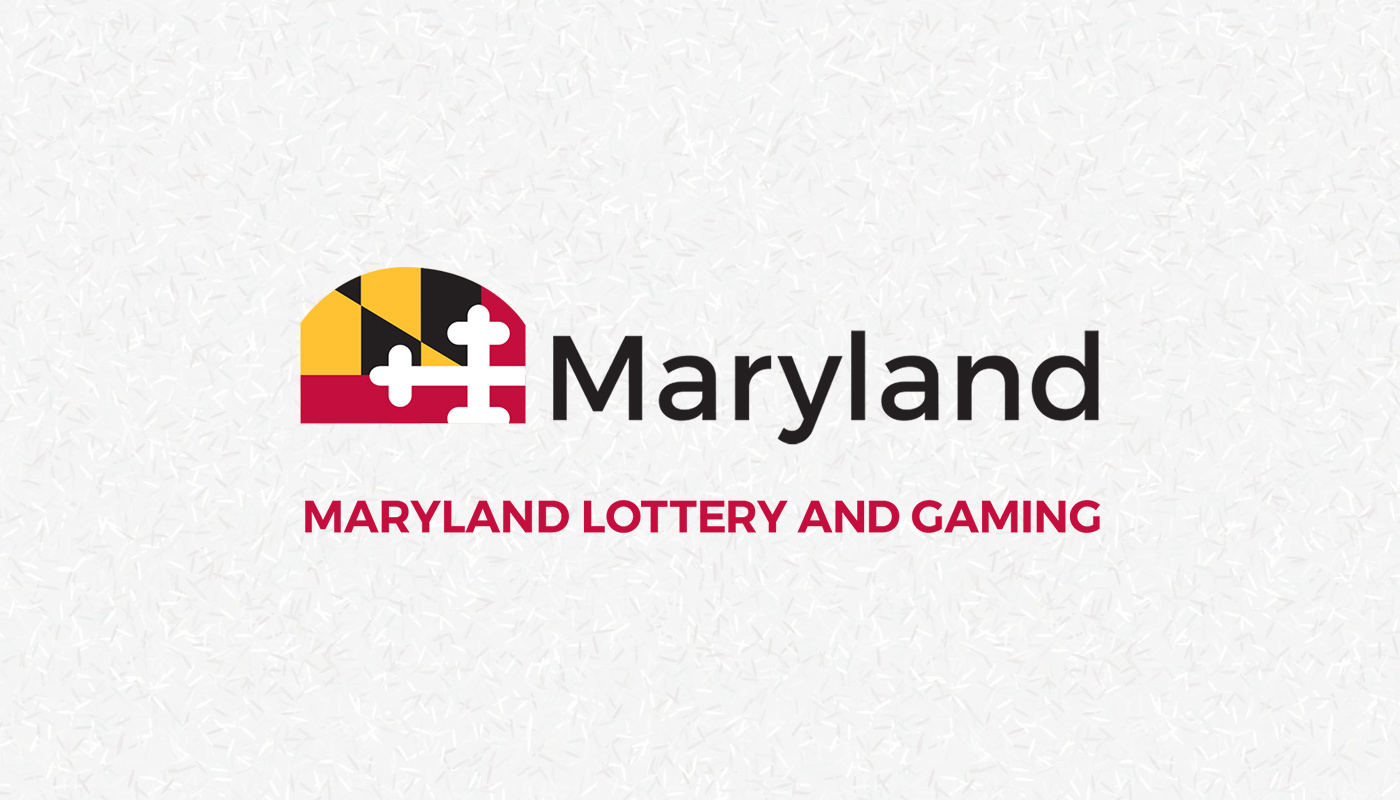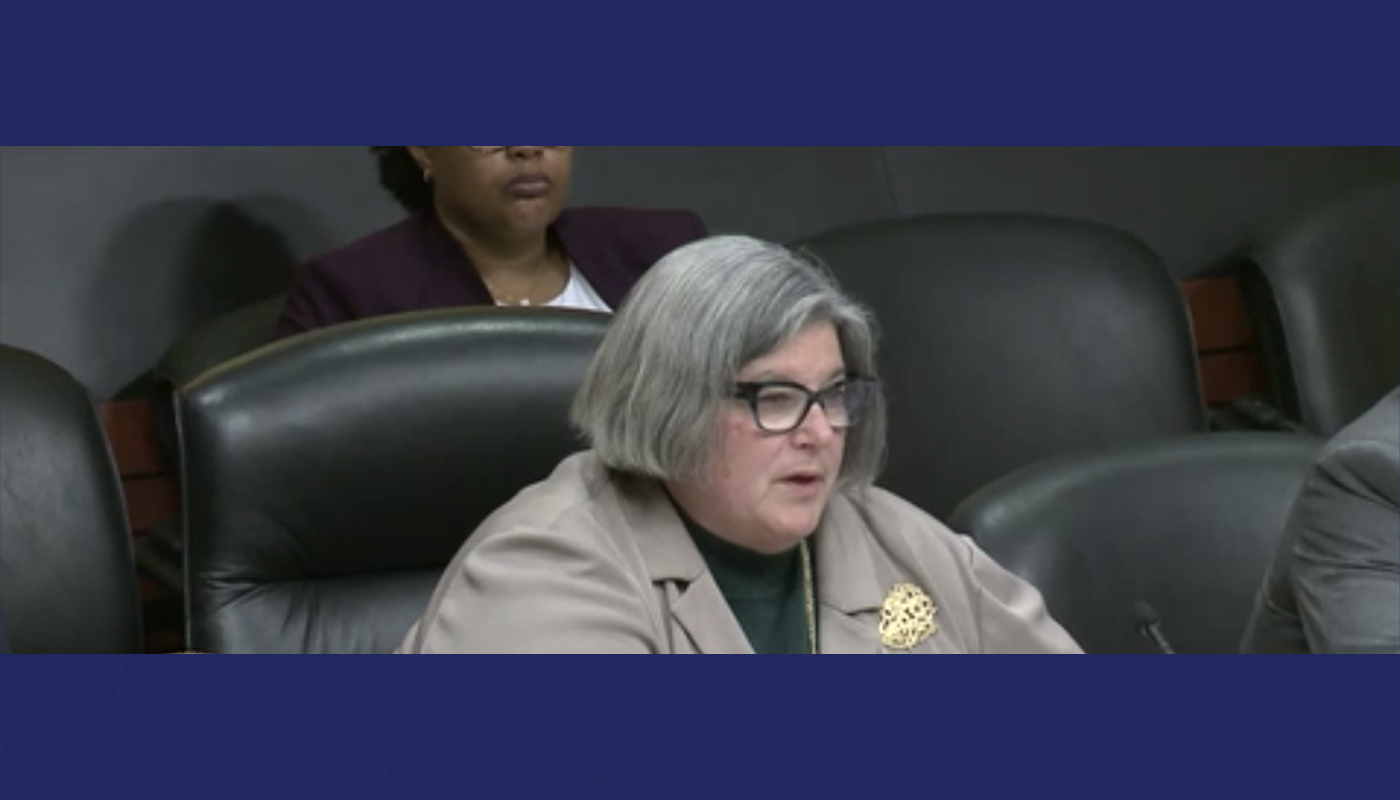
News writer, Interviewer
The Maryland Lottery just pulled a major reversal. After awarding a lucrative contract to Intralot, the agency has now rescinded that decision and handed the opportunity to Scientific Games instead.
What happened here? And what does this mean for the companies involved?
The award that wasn't
On July 15, the Maryland Lottery and Gaming Control Commission approved Intralot for the state's Lottery Central Monitoring and Control System contract. The evaluation committee had ranked Intralot first among three bidders. Everything seemed settled.
But then came the plot twist.
The Maryland Lottery and Gaming Control Agency (MLGCA) withdrew its Notice of Award to Intralot on August 1. The reason? A post-approval review revealed that Intralot's proposal didn't fully meet the Request for Proposals (RFP) requirements or state procurement law. Maryland Lottery and Gaming Control Agency Director John Martin stated:
As an independent agency, our review process is designed to ensure that proposals don't advance without meeting all requirements. Upon determining that our initial assessment was incorrect, we have taken appropriate action.
Scientific Games steps up
With Intralot out of the picture, Scientific Games—originally ranked second—now becomes the recommended supplier. The procurement process remains active, and no final contract has been signed yet.
This represents a significant turnaround for Scientific Games. The company lost the initial evaluation but now finds itself in the driver's seat thanks to Maryland's procurement protocols.
Why did this happen?
Maryland's procurement rules allow for corrective action when post-approval reviews uncover procedural or legal deficiencies. This safety net proved crucial in this case. The MLGCA initially stated that all three bidders met the RFP requirements. But deeper scrutiny revealed gaps in Intralot's submission that couldn't be overlooked.
This raises questions about the initial evaluation process. How did these deficiencies slip through the first review? What specific requirements did Intralot fail to meet?
What's next?
The procurement remains open. Scientific Games must still navigate the final approval stages before securing the contract.
For Intralot, this represents a major setback in the competitive US lottery market. The company will likely reassess its approach for future bids.
The Maryland Lottery's handling of this situation demonstrates the importance of thorough procurement oversight. While the reversal creates short-term uncertainty, it reinforces the integrity of the bidding process.
The final outcome will determine which company manages Maryland's lottery technology infrastructure—a contract worth millions and affecting thousands of players across the state.
















Comments